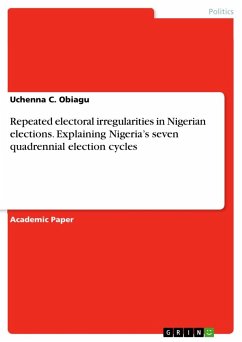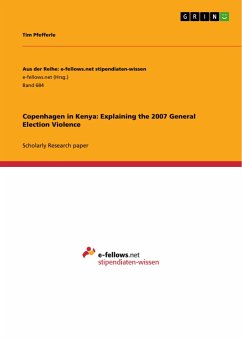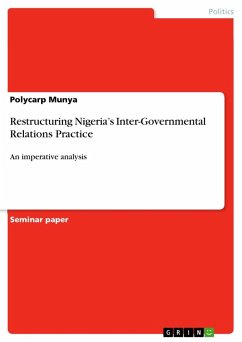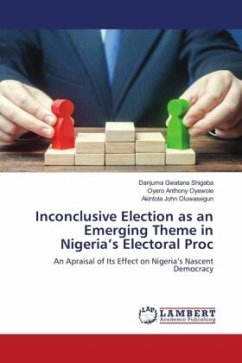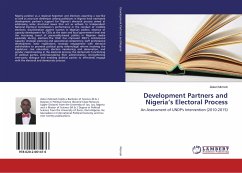Academic Paper in the subject Politics - Region: Africa, University of Nigeria (Department of Political Science), course: Political Science, language: English, abstract: Extant literature acknowledges the undermining effects of various forms of electoral irregularities but how poor election administration informs irregularities manifesting in other forms has remained unacknowledged. This study, therefore, offers an explanation to how repeated electoral irregularities, which emanate from poor election administration, crystalize in recurring fatal election violence, contested election outcomes, and downward trend in voter turnout in seven quadrennial national election cycles in Nigeria. It argues that the various government-determined reforms initiated to address the problem usually fail at the level of implementation because they are determined for (not with) the people. The study leverages the propositions of institutional theory to shed more theoretical light on the depressing effects of recurring irregularities on the core value of democratic elections. It relies on mixed qualitative research strategies for data generation and analysis. The examination and analysis of data lend credence to the afore-stated arguments, which have a policy implication for government-determined electoral reforms and the need to explore alternative reform initiatives in which the led are allowed to play significant role.

